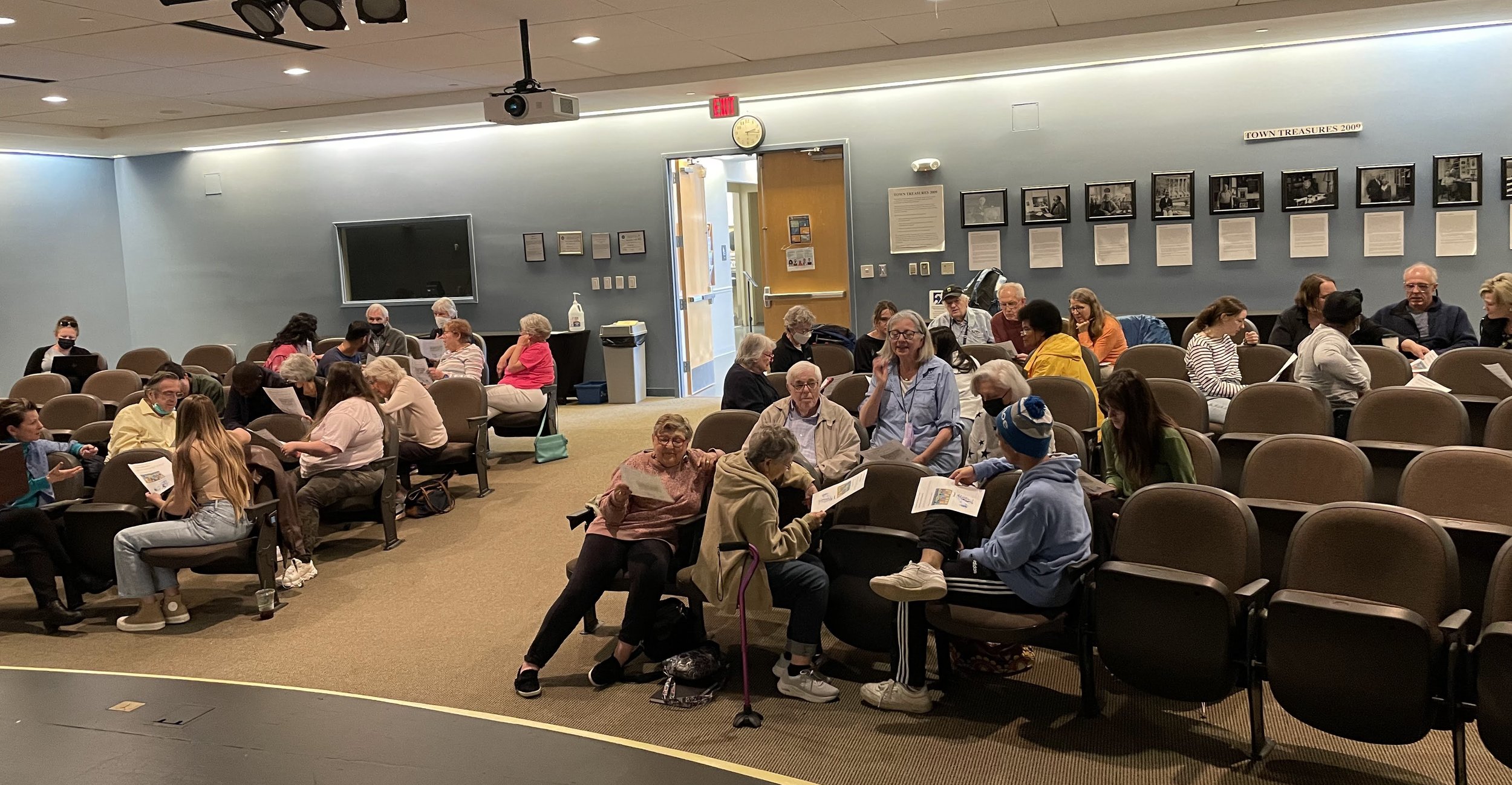Student-Centered
Pedagogy
My teaching is driven by the belief that students are already thinking philosophically, and that my role as instructor is to cultivate their philosophical voices by giving them the skills they need to think clearly about problems that interest them. In all of my courses I employ experiential and active learning strategies such as scaffolded group work about normative case studies. In addition to engaging students in the learning process, these activities present regular opportunities for students to cultivate intellectual virtues such as curiosity, humility, and autonomy—traits that are valuable in their own right and that contribute to successful inquiry and to a flourishing democracy.
Courses Taught
Moral and Philosophical Issues in Education
This course centers on the social, philosophical, and normative foundations of education, especially education in a liberal democracy. Some of the questions we take up through historical and contemporary sources include: What are the aims of schooling and education? What constitutes a fair distribution of educational goods? Who should have the authority to shape the education system? My classes feature regular opportunities for deliberation about normative case studies, providing opportunities for students to revise and revisit their philosophical commitments and to cultivate dispositions that support truth-seeking in the face of disagreement.
Philosophy Across the Lifespan
This is a community-engaged course that I created at UNC-Chapel Hill. Throughout the semester, students grapple with foundational works of historical and contemporary philosophy, participate in regular discussions with older adults in the local community, learn how to communicate complex ideas to a non-specialist audience, develop pedagogical resources on philosophy for our community partners, and design intergenerational philosophy events. The experiential character of the course provides an occasion for students to reflect on the nature and aims of education, including the prospect and value of lifelong learning and the social and civic ends of education at all levels. By creating spaces for intergenerational dialogue, we hope to draw on the wisdom and experience of older adults in the community, and to facilitate understanding across generations.
Ethics Research Seminar for Undergraduates
UNC-CH
Directed Readings: Cicero’s Moral and Political Philosophy
UNC-CH
History of Ancient Philosophy
University of Pennsylvania
Social Foundation of Education
University of Pennsylvania, Graduate School of Education
Public Philosophy & Civic Engagement
University of Pennsylvania
Ethics Bowl and Democratic Deliberation
UNC-CH

